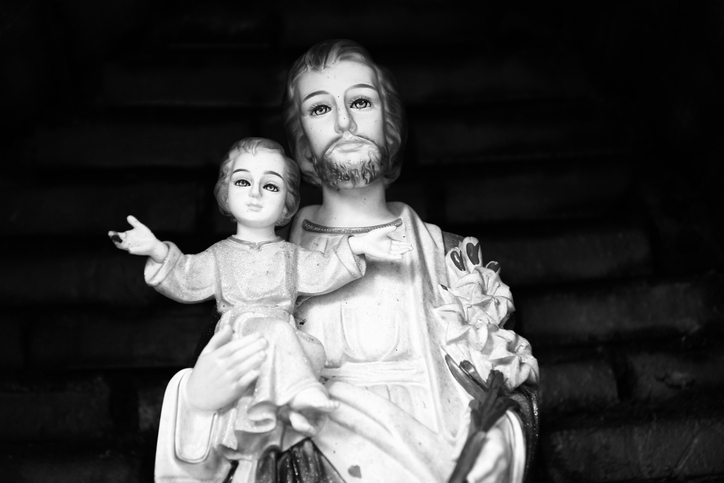“Do you want to be well?”
This may seem like a crazy question to someone who has been ill for 38 years. Why did Jesus ask it?
The lame man’s answer may give a clue. He does not say yes. He shifts the problem to the circumstances around him: he has no one to put him into the healing pool, which was said to cure the first person to enter it when the water was disturbed. He is alone. No relatives or friends to help him.
Perhaps, having been alone and sick for so long, he had simply lost hope. He was accustomed to his aloneness and his inability to get into the water. His solitude and situation had become familiar and somewhat comfortable. He went to the pool where he might be cured, but without any real hope that it was possible for him. His difficult rut had become his permanent reality in his mind.
Jesus stirs up a new possibility by looking at him and asking, “Do you want to be well?” Do you want to change? Do you desire something new? Because something new demands something of you! Are you ready for this? “Rise, take up your mat, and walk.”
Jesus never forces himself or his way on us. We must desire it. That is why he tells us elsewhere to ask, seek, knock in order to receive. We have a responsibility to direct our desires and our hope toward the good and true and beautiful, toward God’s will for us, toward true happiness in Christ. This demands something of us. We must be willing to leave some things behind, to encounter the Truth in Christ, to embark on the spiritual adventure of grace.
Jesus tells the healed man and us, “Look, you are well; do not sin any more, so that nothing worse may happen to you.”
In order to love, we must leave behind our grudges.
In order to serve, we must leave behind our pride.
In order to be whole, we must leave behind our woundedness.
In order to walk with Christ, we must leave behind our own ideas and agendas.
Do we want to be spiritually, emotionally, and psychologically well? Do we want to be true followers of Christ? Are we willing to open ourselves fully to all God wants to pour into us and through us? Are we ready to be well?
What do we need to let go of?
During this time of social isolation (a friend called it “the lentiest Lent”!), we have the opportunity to spend more time in prayer and reflection. Let’s imagine Jesus himself looking us in the face and asking, “Do you want to be well?” and ask him to show us what our true answer is. And then he can begin to set us free.

Kathryn Mulderink, MA, is married to Robert, Station Manager for Holy Family Radio. Together they have seven children (including newly ordained Father Rob and seminarian Luke ;-), and two grandchildren. She is a Secular Discalced Carmelite and has published five books and many articles. Over the last 25 years, she has worked as a teacher, headmistress, catechist, Pastoral Associate, and DRE. Currently, she serves the Church as a writer and voice talent for Catholic Radio, by publishing and speaking, and by collaborating with the diocesan Office of Catechesis, various parishes, and other ministries to lead others to encounter Christ and engage their faith. Her website is https://www.kathryntherese.com/.





















